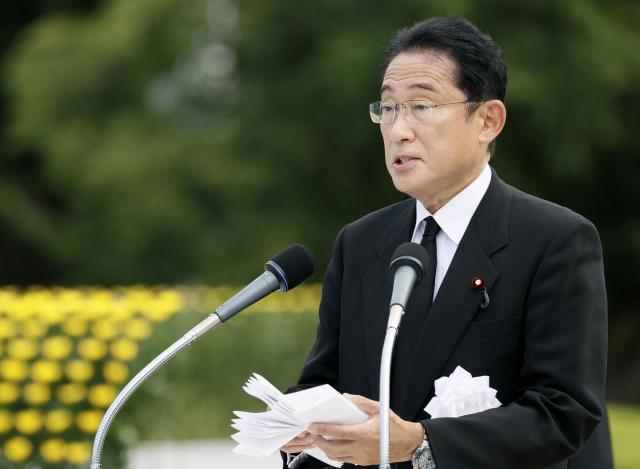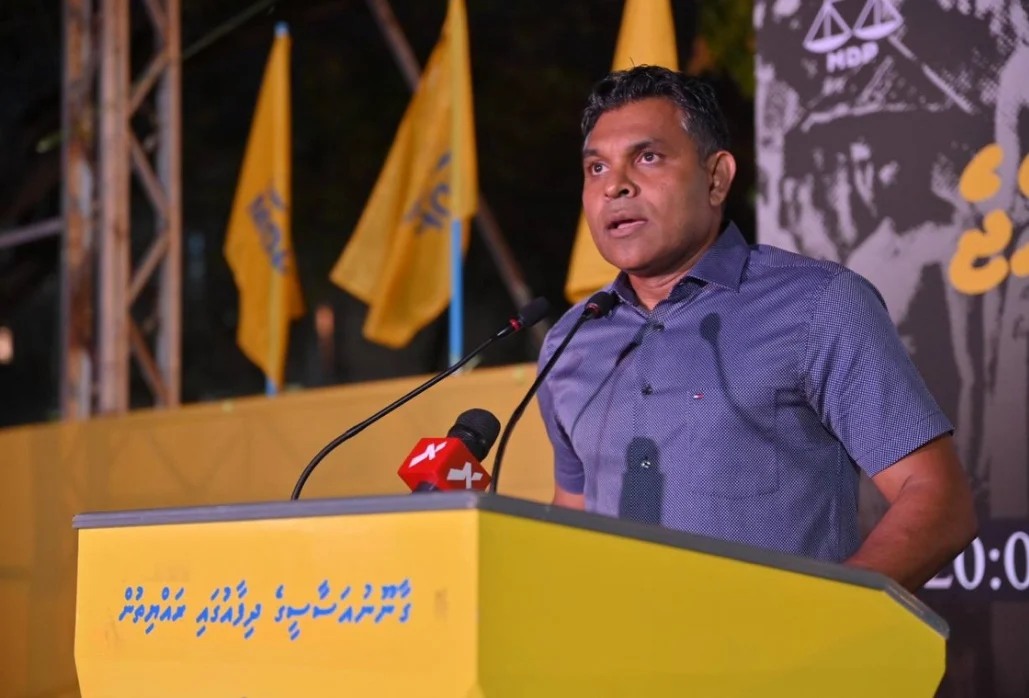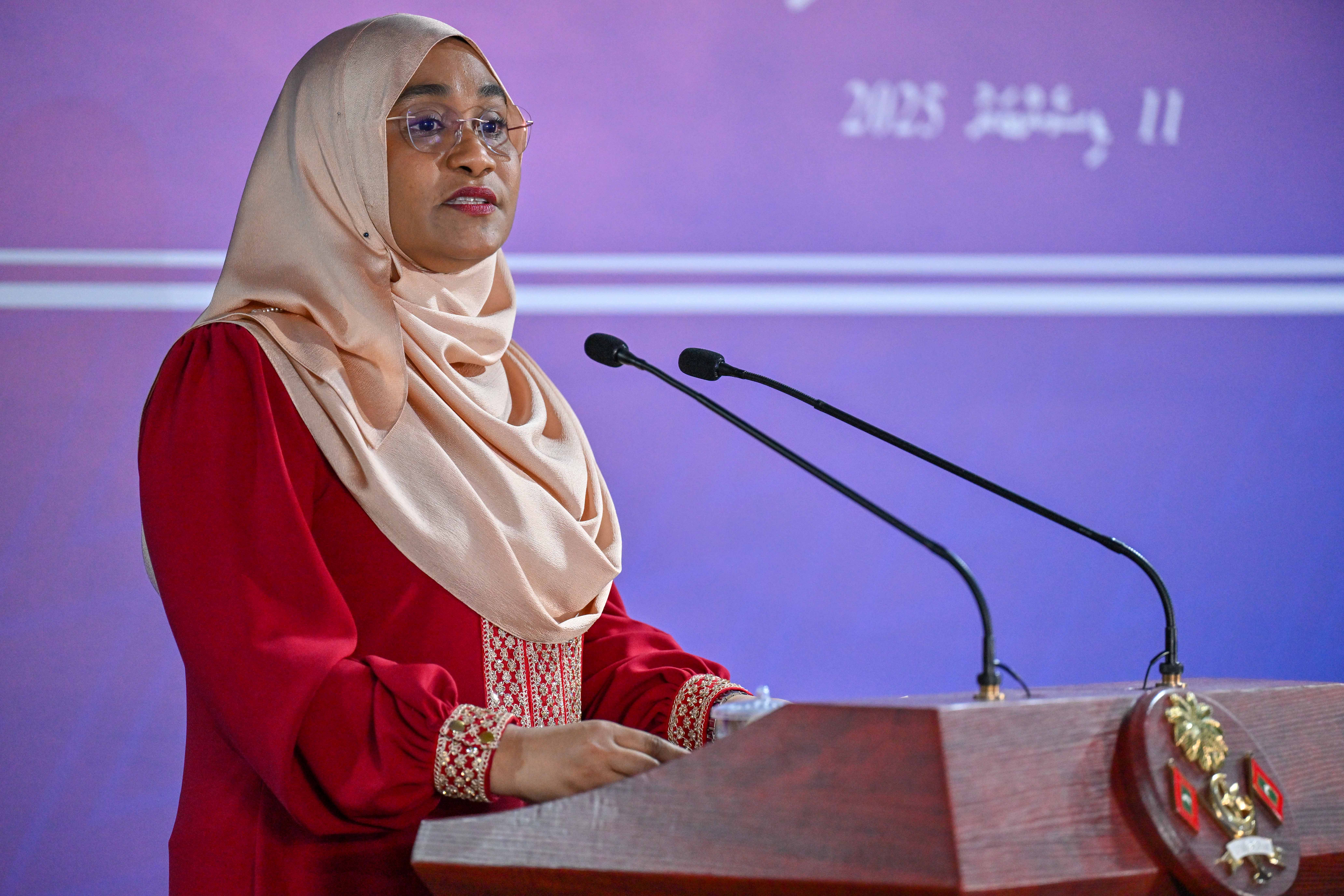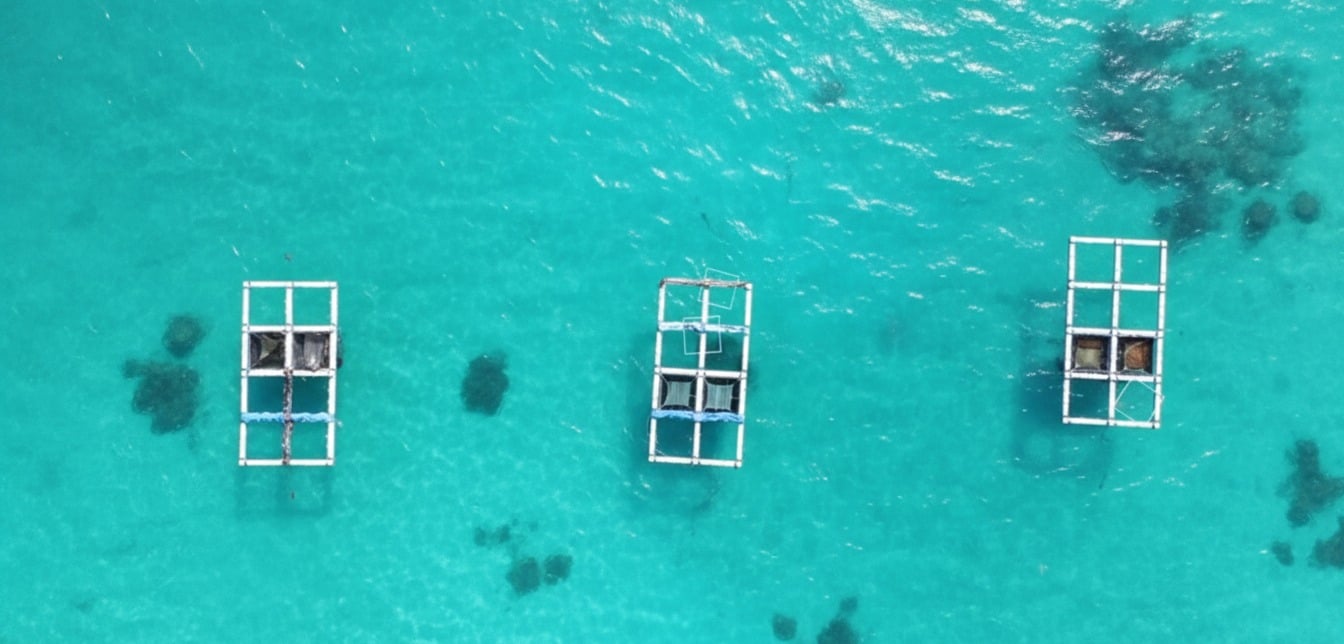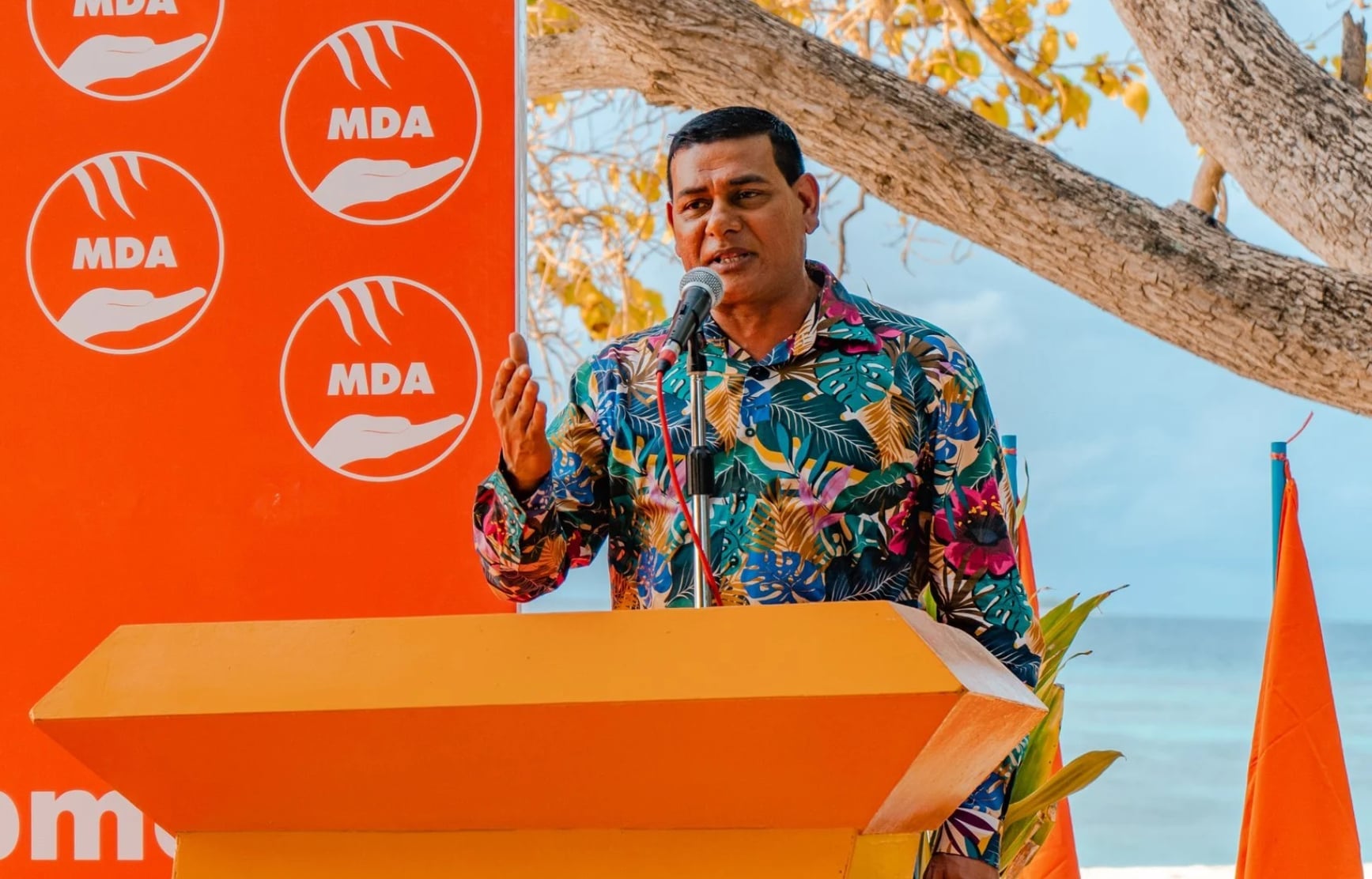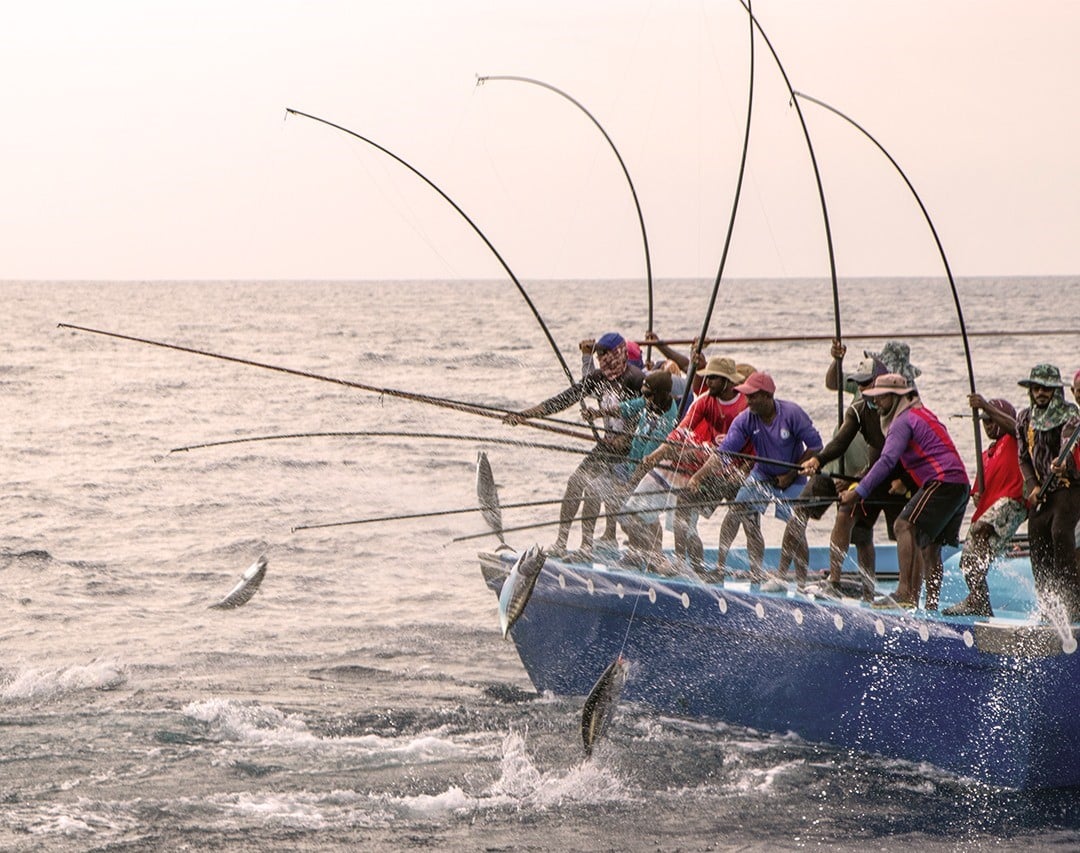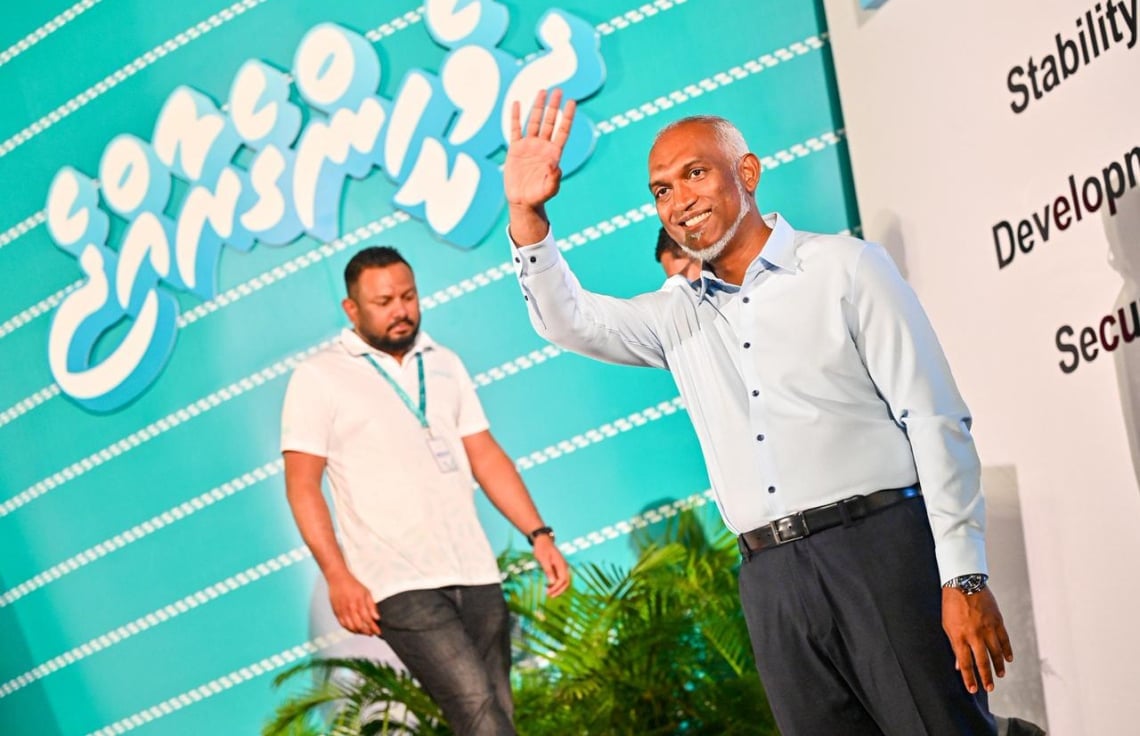Japan’s Prime Minister Fumio Kishida renewed Japan’s no-war pledge at a somber ceremony Monday as his country marked the 77th anniversary of its World War II defeat.
A government-sponsored ceremony to mourn the around 2.3 million military personnel and 800,000 civilians who perished in the war on the Japanese side started before noon in Tokyo, though in a scaled-back form for the third straight year due to the country facing another wave of the coronavirus pandemic.
In his first speech at the annual ceremony since taking office last October, Prime Minister Fumio Kishida vowed to never repeat the horrors of war, as the world is still faced with incessant conflicts.
“Under the flag of proactive contributions to peace, we will join forces with the international community and make all-out efforts to solve the various problems the world is facing,” Kishida said.
“Reflecting on our past and bearing in mind the feelings of deep remorse, I earnestly hope that the ravages of war will never again be repeated,” the emperor, who was born after the end of the war, said at the ceremony.
Kishida’s speech closely resembled those given by Suga and Abe in the past, using words favored by the latter such as “proactive contributions to peace.”
Although pledging that Japan would make contributions to world peace, Abe, who returned for his second stint as prime minister in late 2012, made no mention of aggression and remorse, something Japanese leaders had done at the annual commemoration since 1994. Suga’s speech last year essentially followed Abe’s line.
In his speech, Kishida largely focused on the damages Japan suffered on its turf — the US atomic bombings on Hiroshima and Nagasaki, massive firebombings across Japan, and the bloody ground battle on Okinawa. He said the peace and prosperity that the country enjoys today are built on the suffering and sacrifices of those who died in the war.
A government-sponsored ceremony to mourn the around 2.3 million military personnel and 800,000 civilians who perished in the war on the Japanese side started before noon in Tokyo, though in a scaled-back form for the third straight year due to the country facing another wave of the coronavirus pandemic.
In his first speech at the annual ceremony since taking office last October, Prime Minister Fumio Kishida vowed to never repeat the horrors of war, as the world is still faced with incessant conflicts.
“Under the flag of proactive contributions to peace, we will join forces with the international community and make all-out efforts to solve the various problems the world is facing,” Kishida said.
“Reflecting on our past and bearing in mind the feelings of deep remorse, I earnestly hope that the ravages of war will never again be repeated,” the emperor, who was born after the end of the war, said at the ceremony.
Kishida’s speech closely resembled those given by Suga and Abe in the past, using words favored by the latter such as “proactive contributions to peace.”
Although pledging that Japan would make contributions to world peace, Abe, who returned for his second stint as prime minister in late 2012, made no mention of aggression and remorse, something Japanese leaders had done at the annual commemoration since 1994. Suga’s speech last year essentially followed Abe’s line.
In his speech, Kishida largely focused on the damages Japan suffered on its turf — the US atomic bombings on Hiroshima and Nagasaki, massive firebombings across Japan, and the bloody ground battle on Okinawa. He said the peace and prosperity that the country enjoys today are built on the suffering and sacrifices of those who died in the war.





